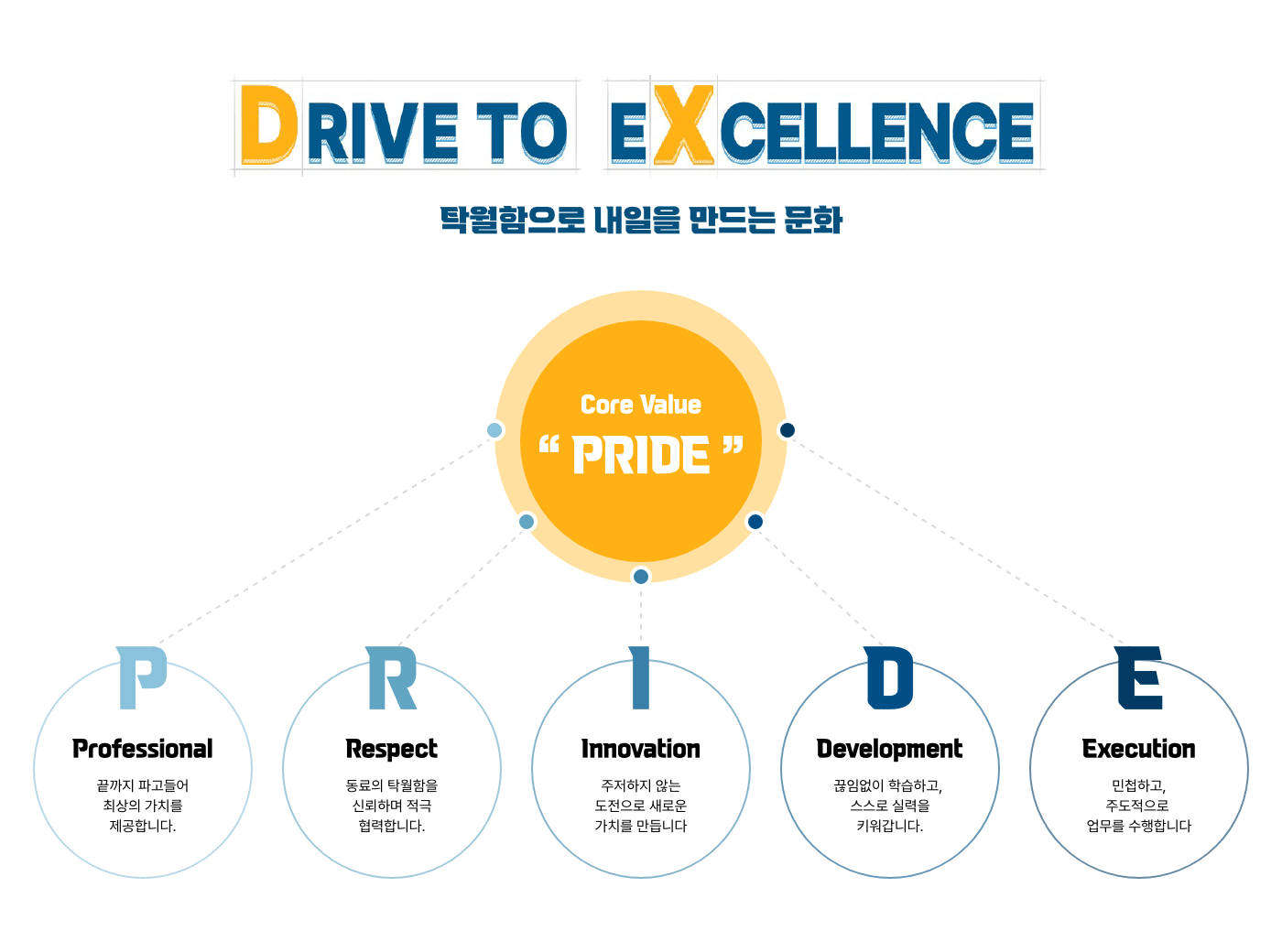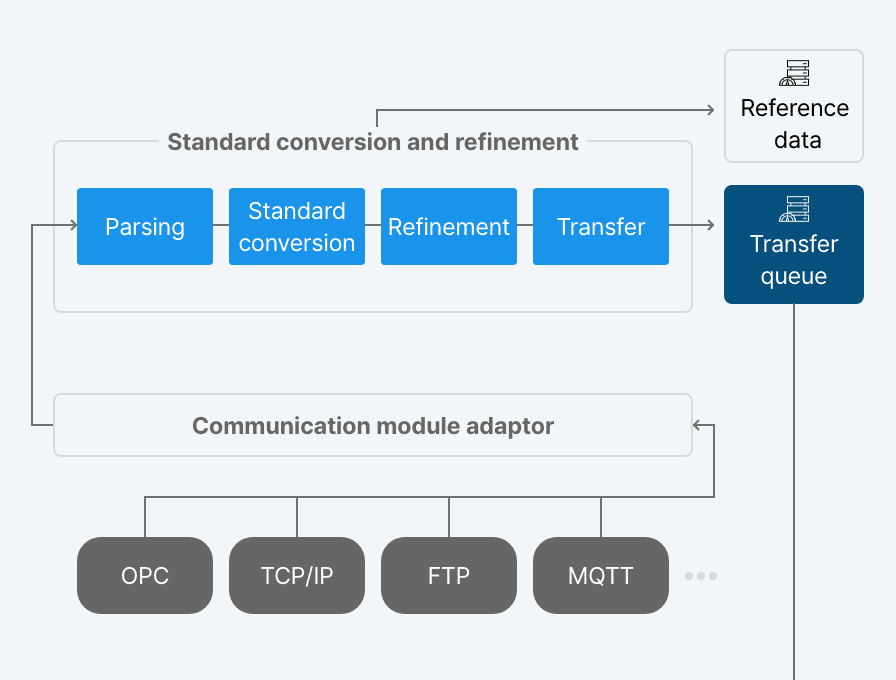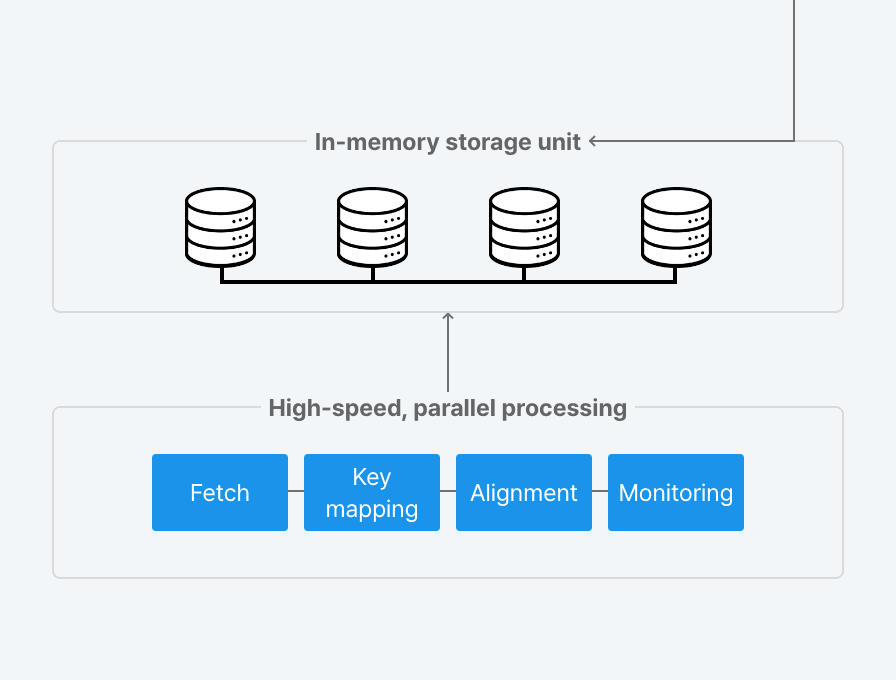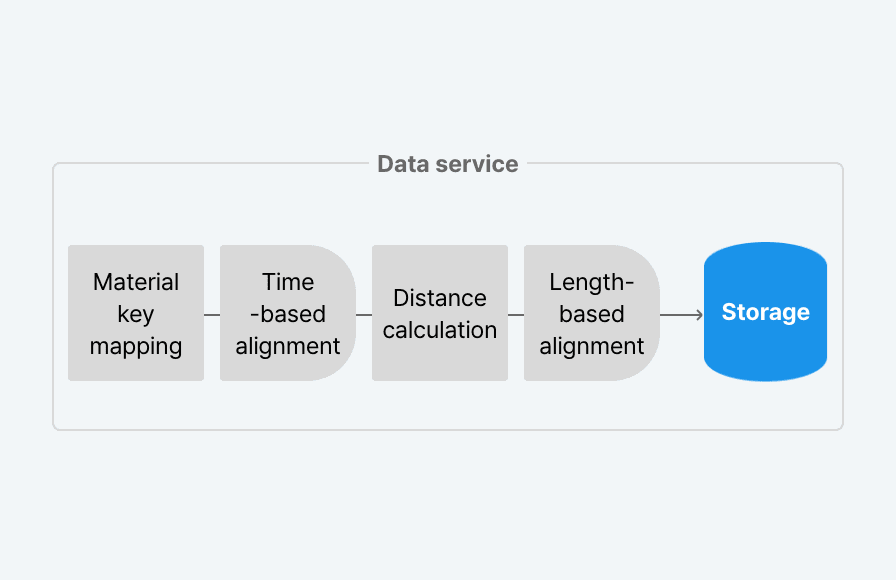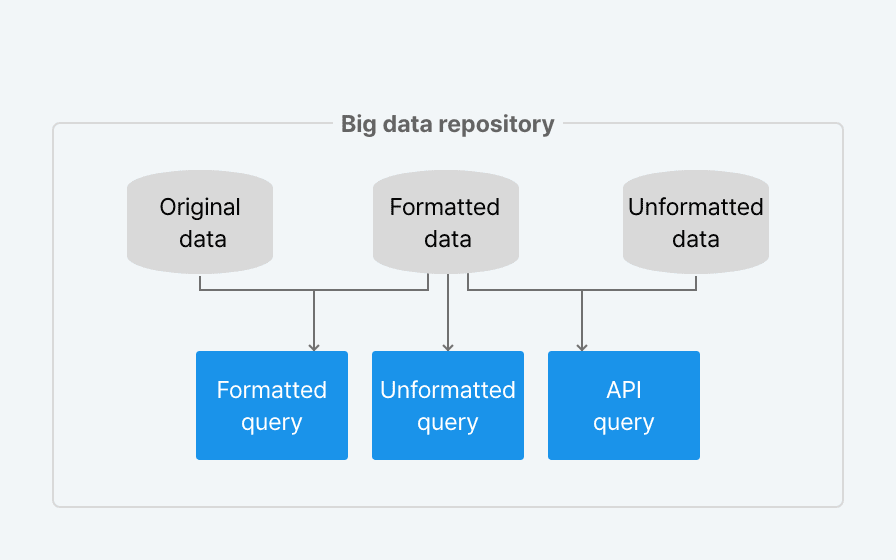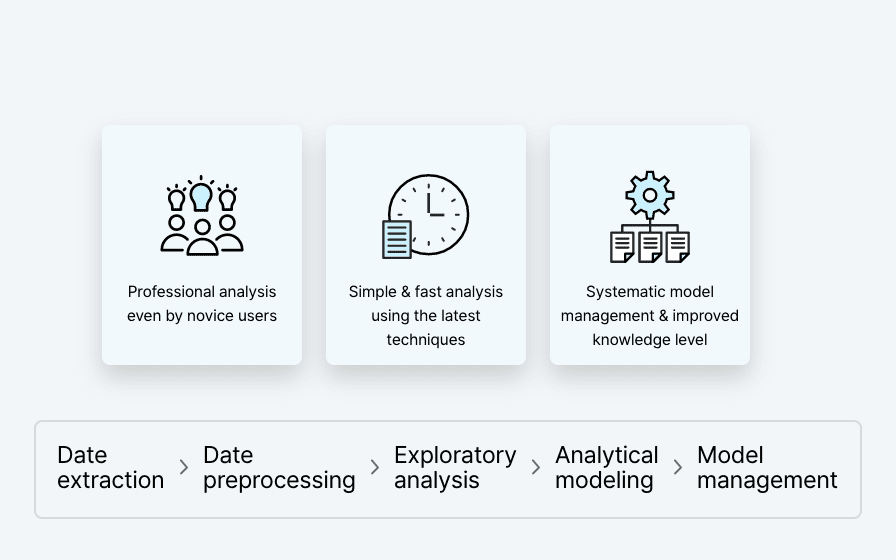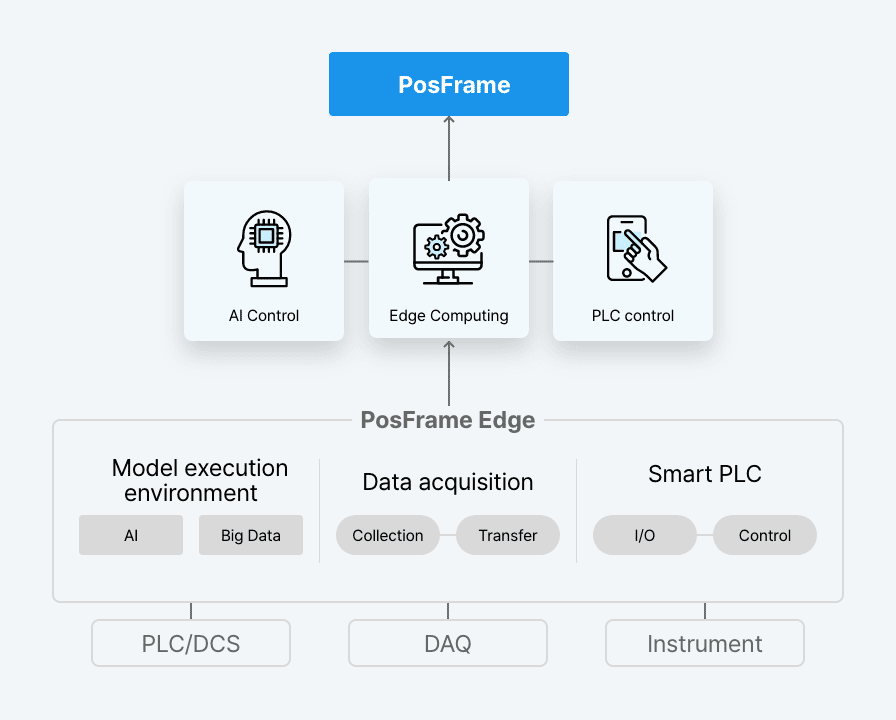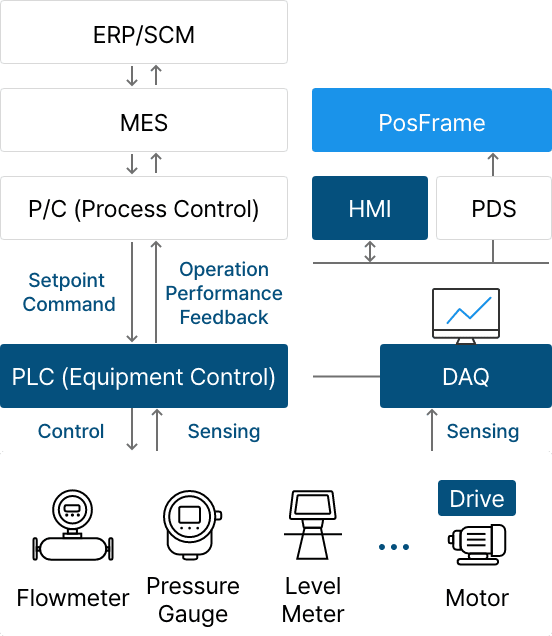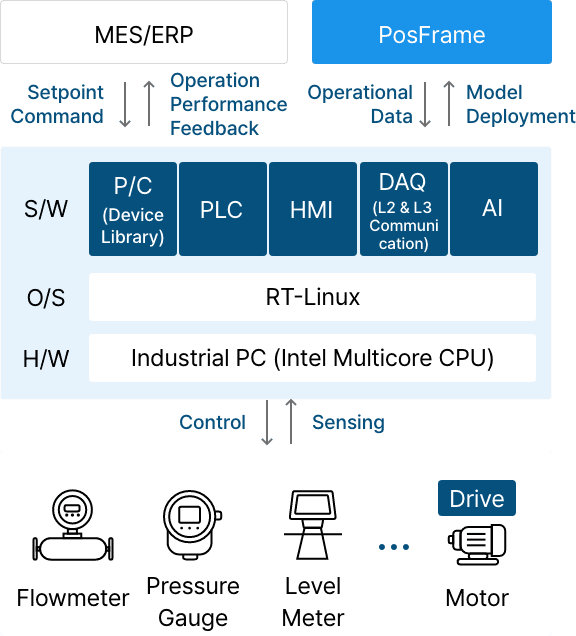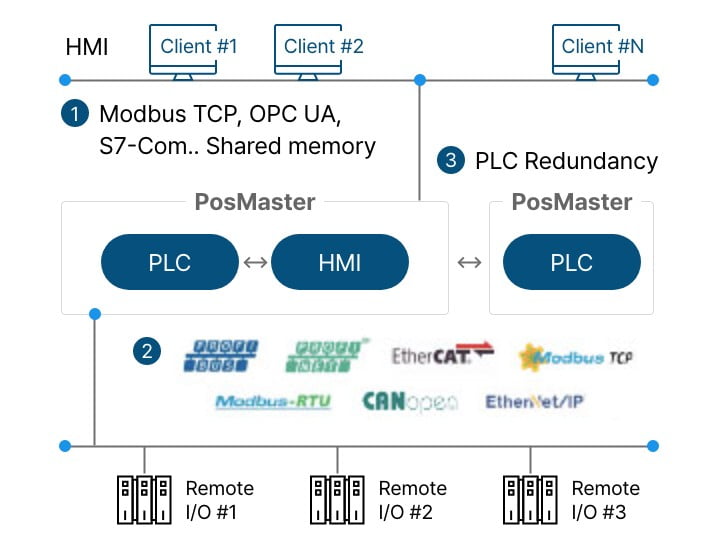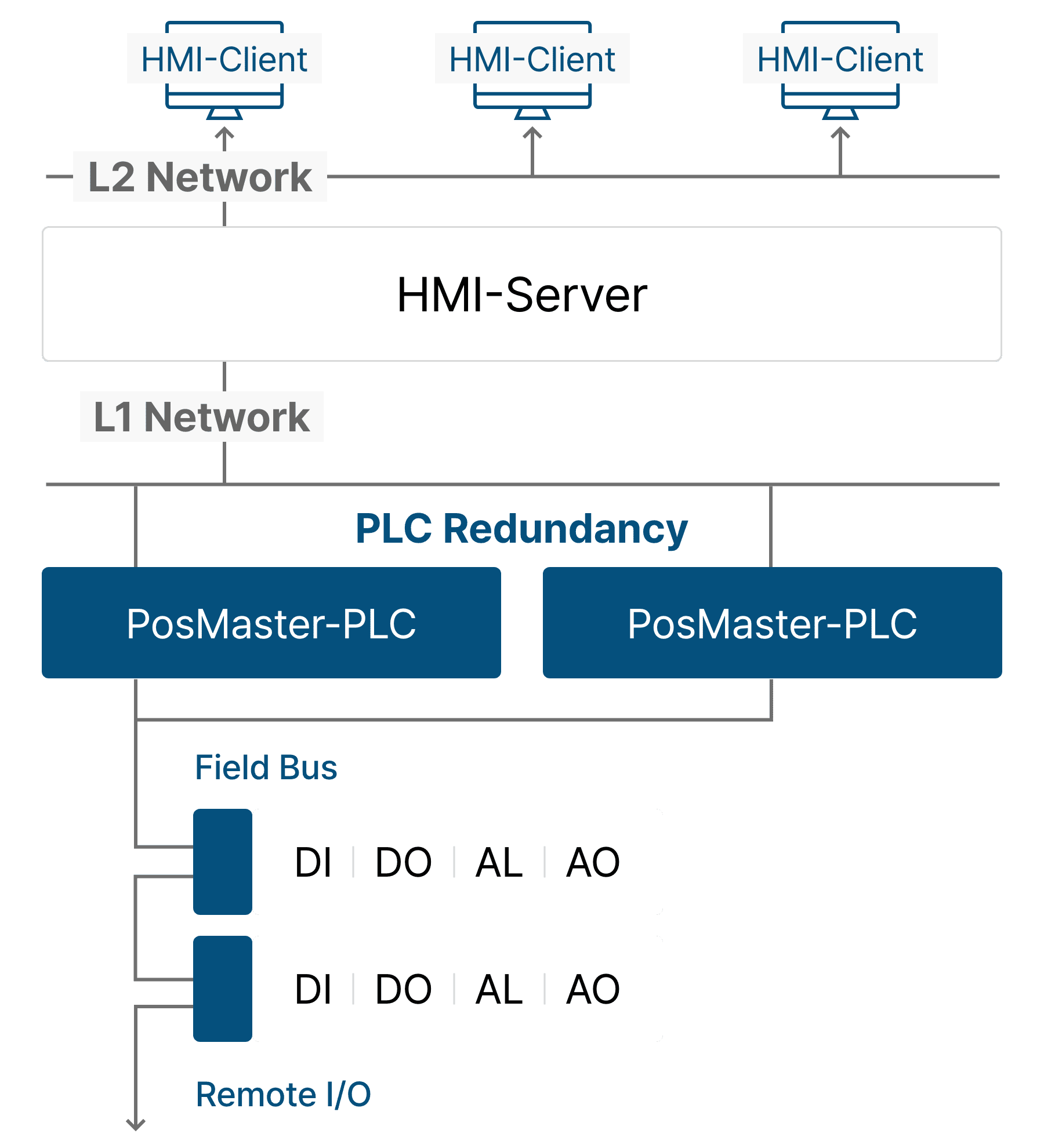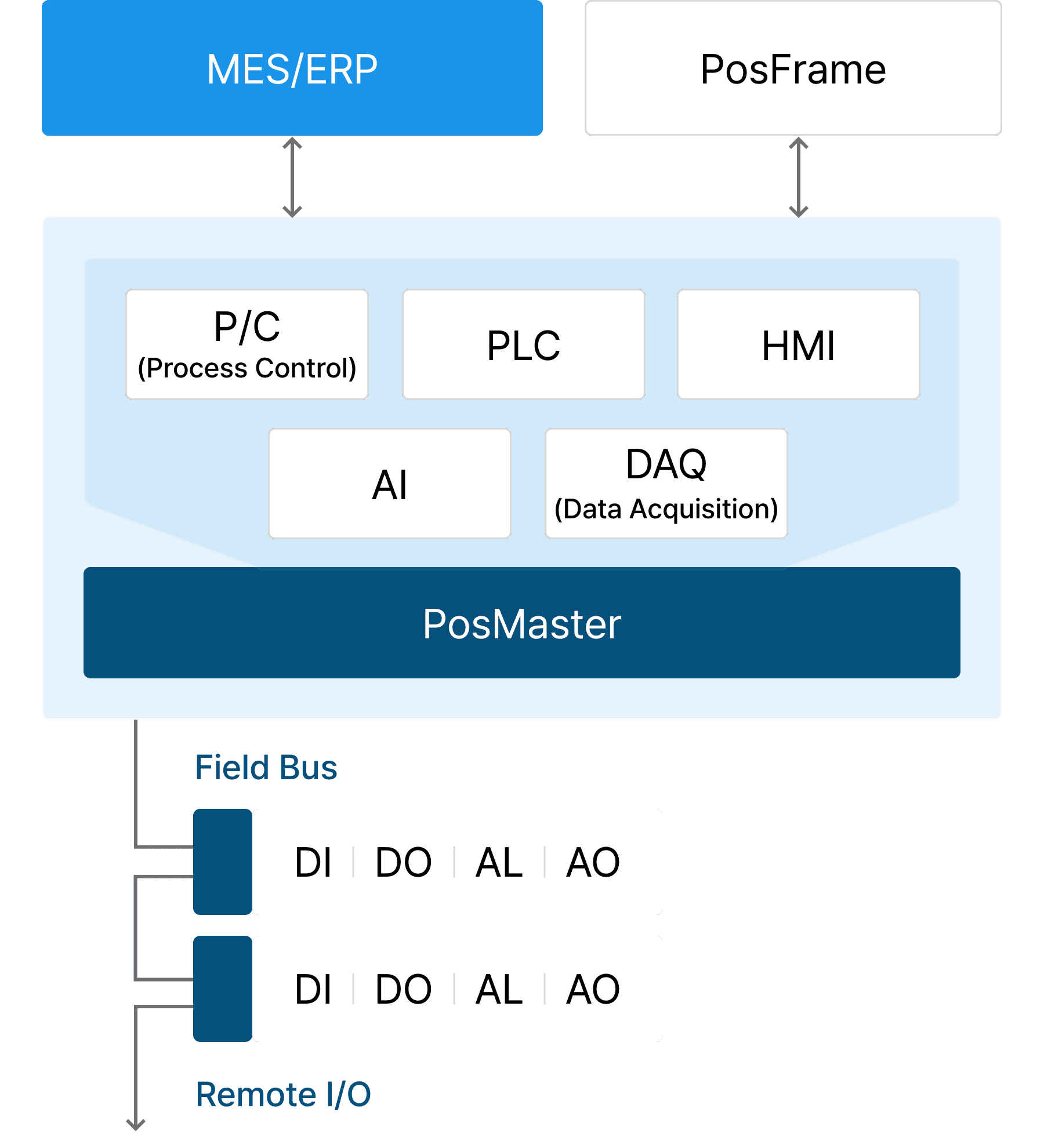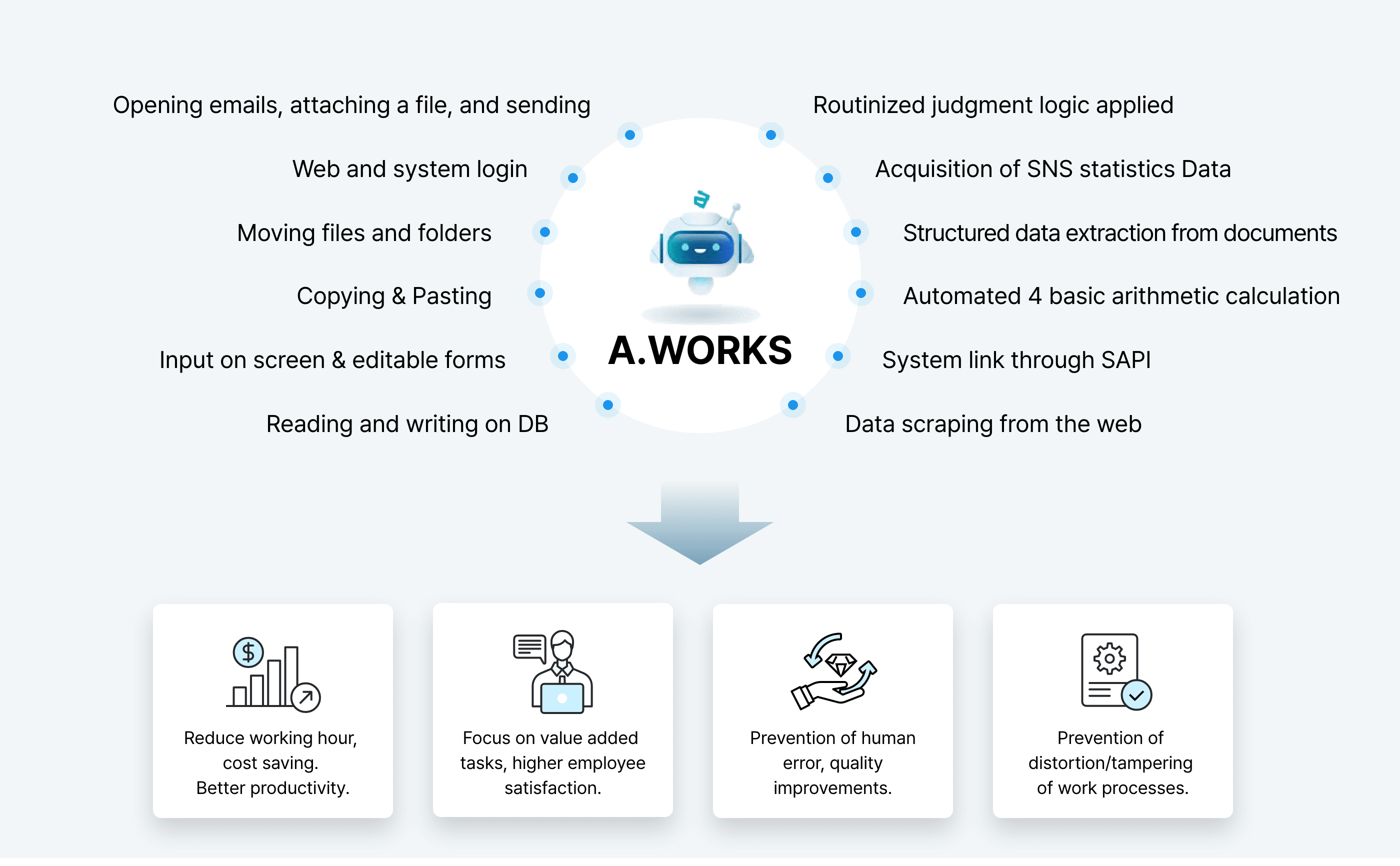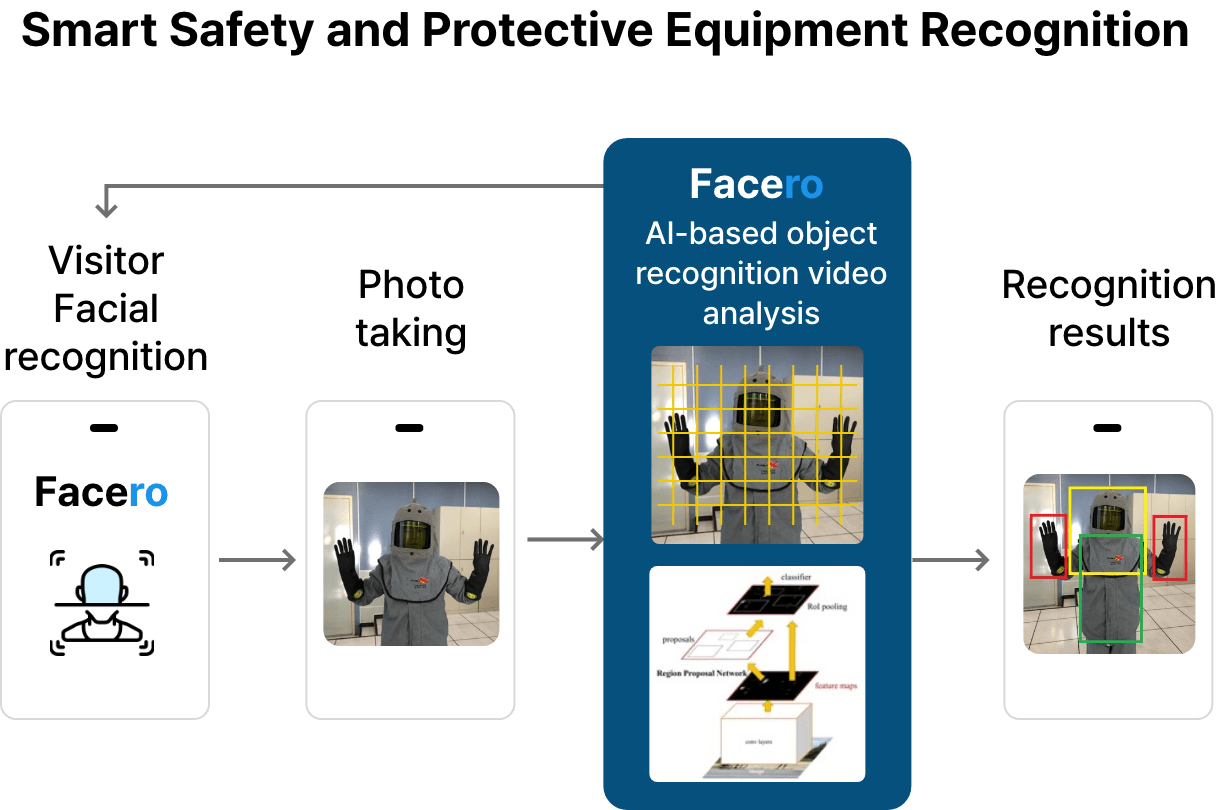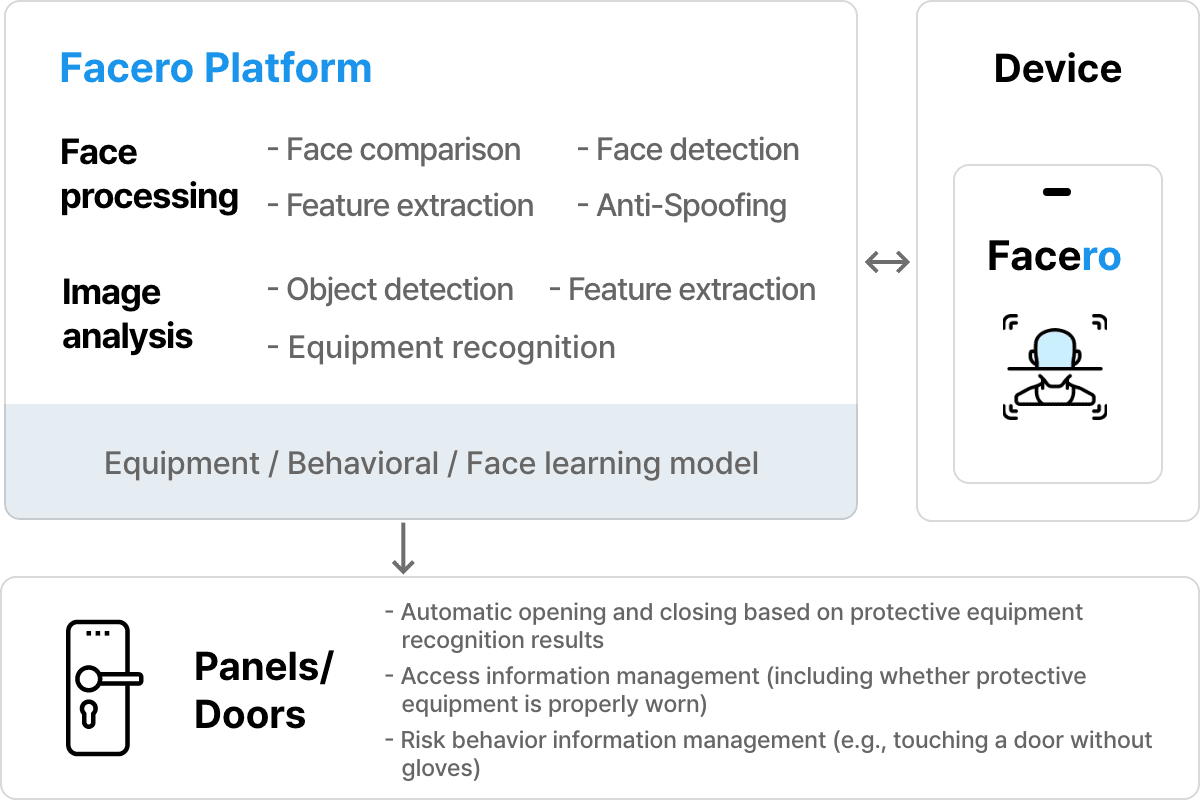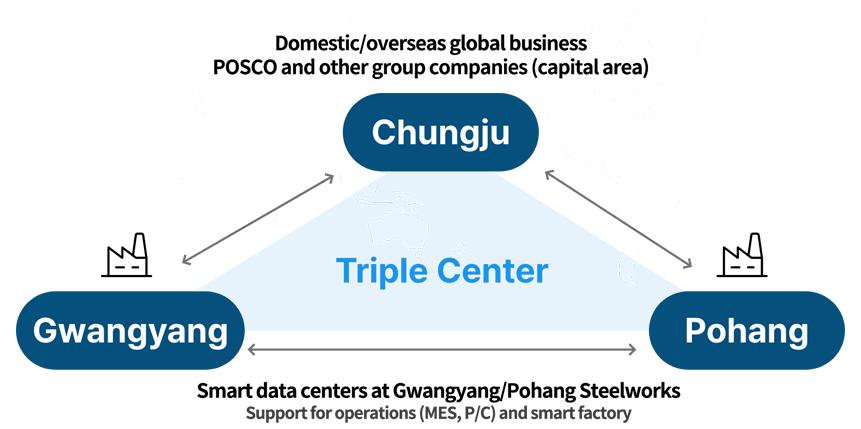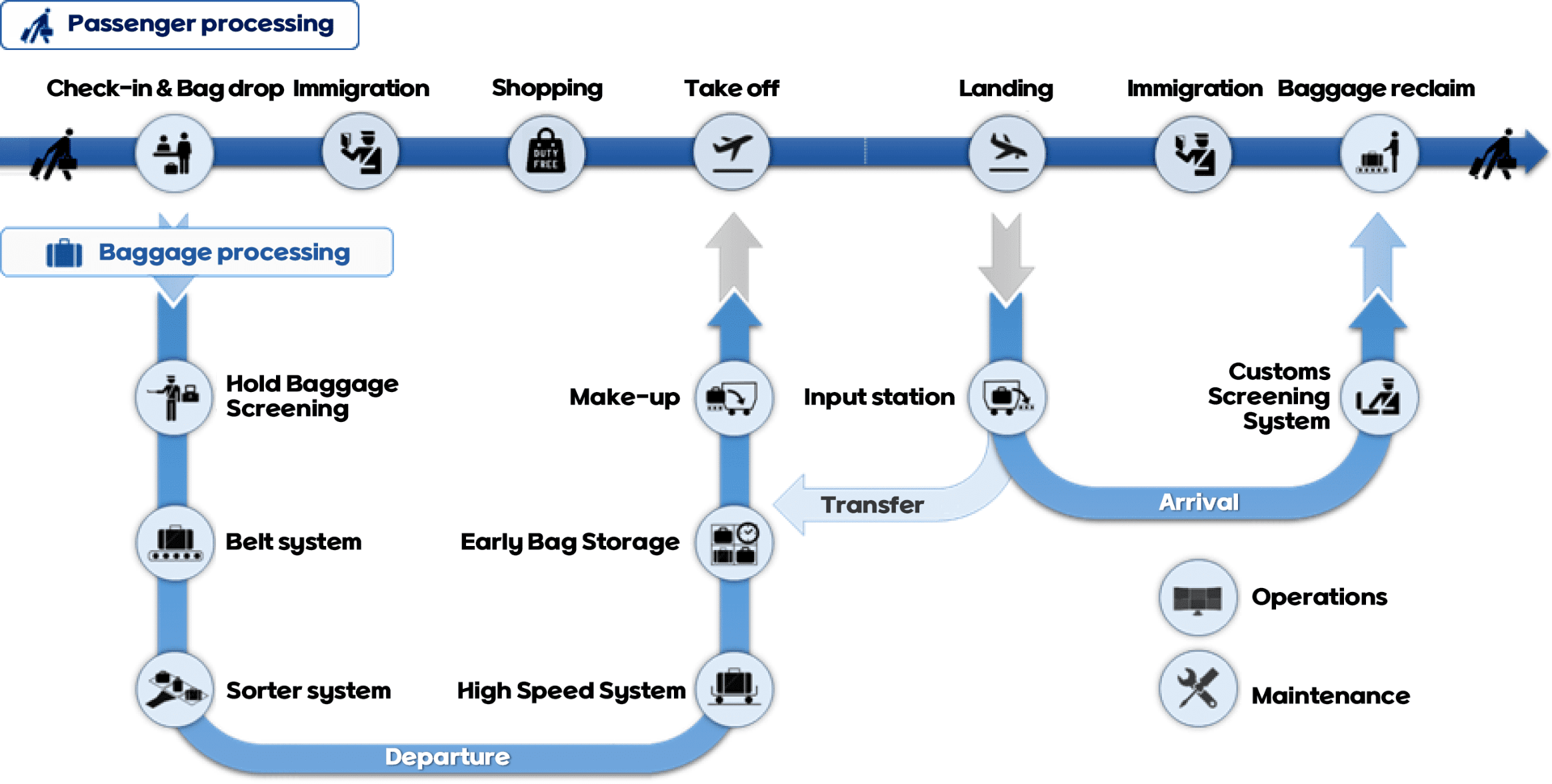- HOME
- Sustainability Management
- Fair Trade
Fair Trade
POSCO DX complies with the Fair-Trade Act and strives to achieve common development by promoting mutual trust and cooperation through free competition and transparent and fair trade.
The Eight Pillars of Compliance Program
Compliance Program refers to an internal compliance system such as training and supervision that a company establishes and operates to comply with the Fair-Trade Act. The purpose is to prevent competition law violations and secure corporate transparency by the company's chief executive officer providing clear code of conduct for fair trade to employees in advance.
-
1. Establishing and enforcing CP standards and procedures
Establish and enforce necessary standards and procedures so that employees are clearly aware of and practice compliance with fair trade laws and regulations related to their work.
-
2. CEO commitment and support for compliance
The CEO should publicly express his/her intention and policy to comply with fair trade laws and regulations and actively support the operation of the CP.
-
3. Appoint a Compliance Officer to run CP
The highest decision-making body, such as the board of directors, should appoint a compliance officer within the organization and hold the compliance officer accountable for effective CP operations.
-
4. Creating and utilizing compliance manual
The compliance manual is prepared under the responsibility of the compliance manager and includes fair trade laws and regulations and CP standards and procedures. The manual should be produced in a form that is easily accessible, and utilized, by all employees, such as a hard copy or electronic file.
-
5. Conducting ongoing and structured compliance training
Effective training on CP standards and procedures and compliance with fair trade laws and regulations should be regularly conducted for employees in areas where violations of fair trade are likely to occur, such as the chief executive officer and purchasing and sales departments.
-
6. Establishing an internal monitoring system
Establish and operate a reasonably planned monitoring and auditing system for the prevention or early detection of violations. The results of monitoring and auditing should be reported periodically (at least twice a year) to the highest decision-making body, such as the Board of Directors.
-
7. Sanctions for employees who violate fair trade laws and regulations
Prepare and operate a company policy that stipulates sanctions commensurate with the degree of violation for employees responsible for violating fair trade laws and regulations. Also, if you discover a violation of the law by an employee, respond aggressively and prevent similar behavior from occurring in the future.
-
8. Evaluating effectiveness and taking action
To ensure that the CP continues to operate effectively, regularly check and evaluate the CP standards, procedures, operations, etc. and take improvement measures accordingly.
Self Checklist
Compliance Program refers to an internal compliance system such as training and supervision that a company establishes and operates to comply with the Fair-Trade Act. The purpose is to prevent competition law violations and secure corporate transparency by the company's chief executive officer providing clear code of conduct for fair trade to employees in advance.
Fair trade guidelines
This guideline defines the organization for the operation of the Fair-Trade CP, the division of duties, and the code of conduct for employees to comply with fair trade laws and regulations and intends to prevent unfair support for affiliates and encourage fair trade when selecting counterparties.
